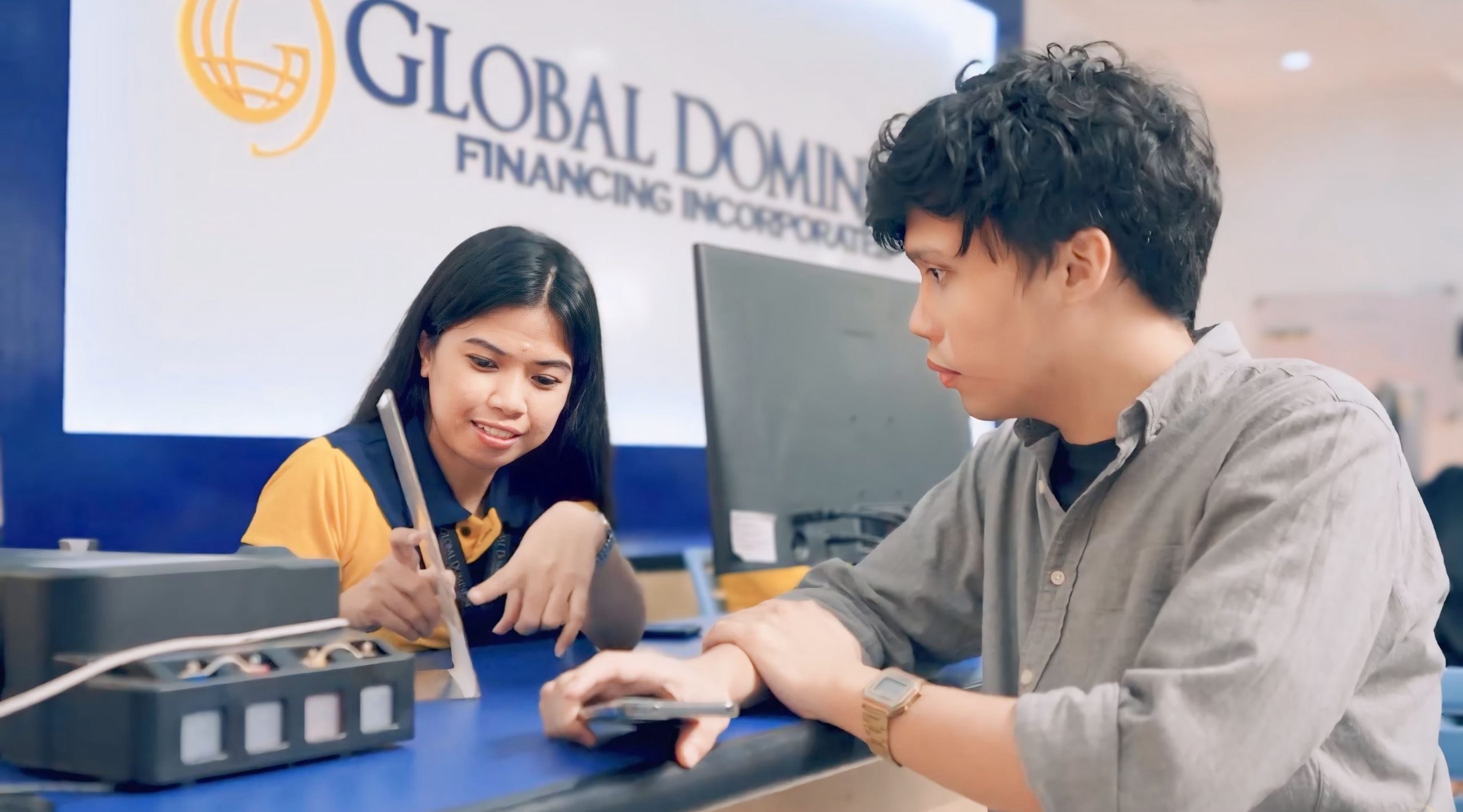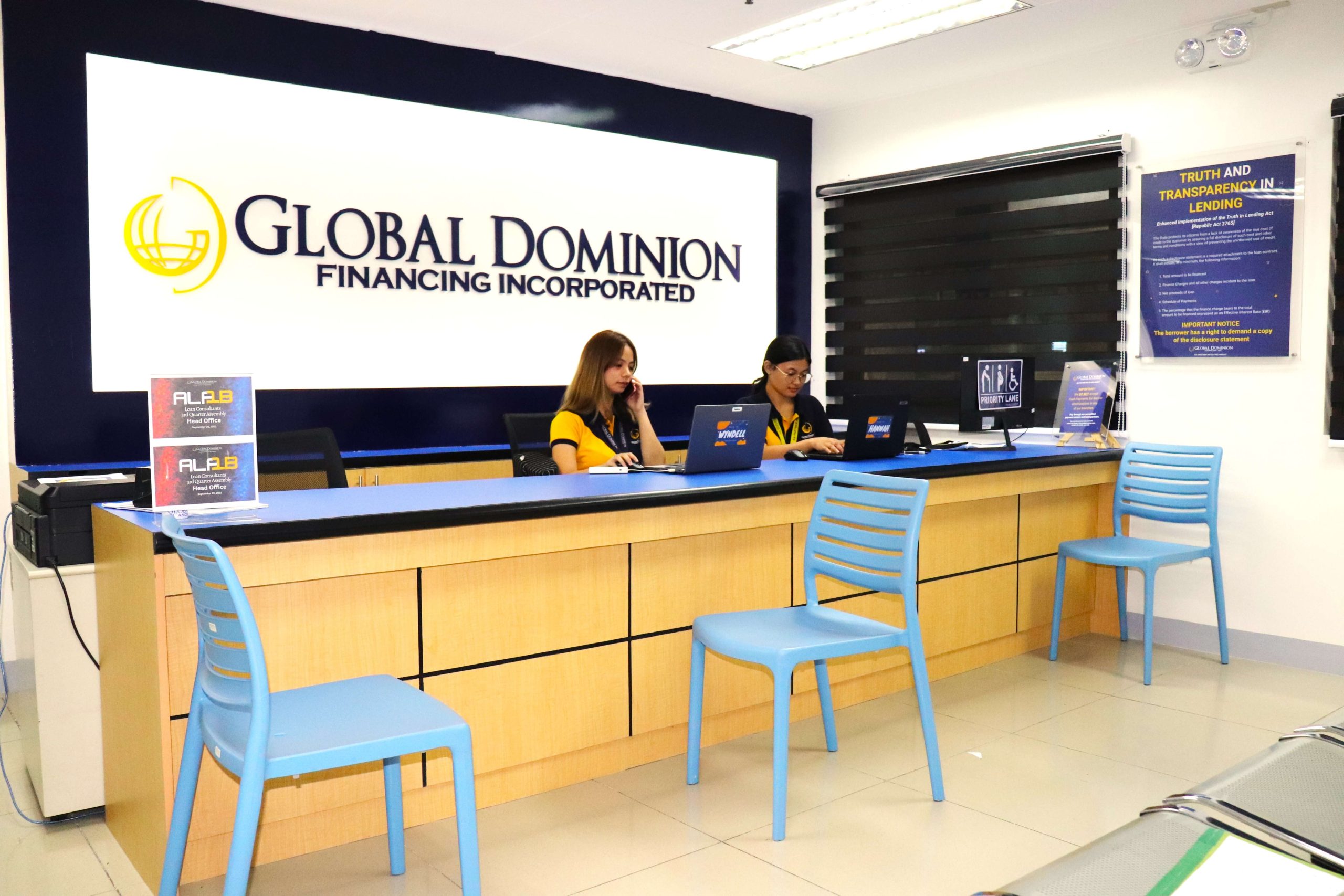Financial Literacy, A Priority – VP Leni Robredo
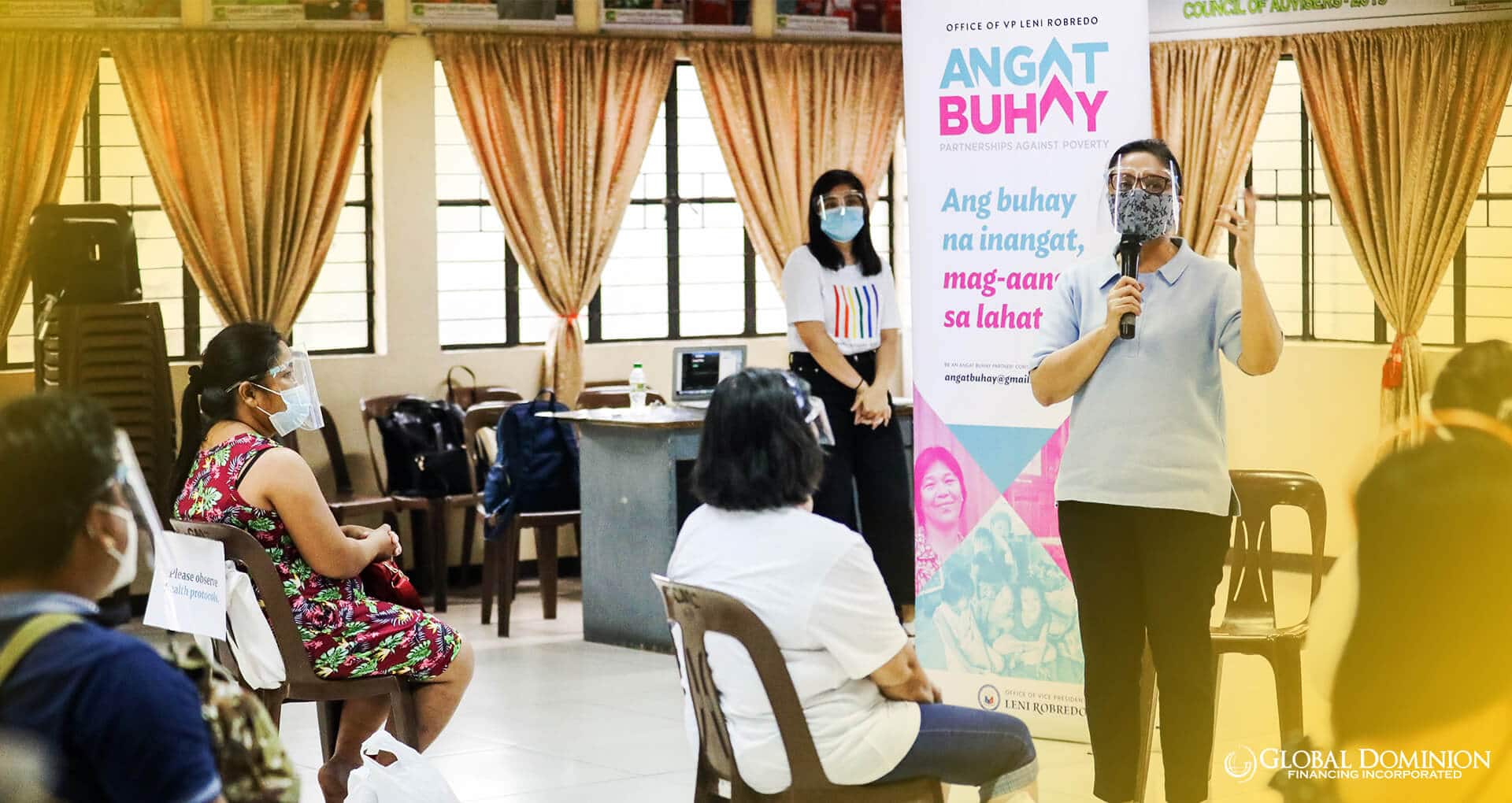
“…[financial literacy] is very important in achieving economic prosperity for individuals and for the country.” Vice President Leni Robredo replied in an interview with GDFI about improving financial literacy and inclusion in the Philippines.
What’s with financial literacy?
Financial literacy is the ability to understand and effectively use various financial skills, including personal financial management, budgeting, and investing. Financial literacy is the foundation of your relationship with money, and it is a life-long journey of learning. The earlier you start, the better off you will be, because education is the key to success when it comes to money.1
In an article from the National Economic Development Authority’s website 2 , the need for improved financial literacy for Filipinos has been highlighted, pointing out that many spend before saving, instead of saving before spending what’s left. But are we looking at the core of the issue by simply measuring saving and spending? Are there other dimensions of personal finance we should look at? And how can improving knowledge about money really help the entire economy?
While it may be easy for some to save, many are struggling with simply making ends meet budgeting their monthly salaries to their outstanding expenses. In this case, it is essential to understand how much is really needed, how much more needs to be sourced, and in which areas of spending can one spend less temporarily. Three of the first steps in improving personal finance management according to financial literacy lecturer Lec Toribio, is knowing how much you have, knowing where your money goes, and knowing how much you still need.
Gay Santos, a financial inclusion advocate, also supports the premise that literacy in managing money is critical to the overall financial inclusion improvement that consequently elevate the economic state of a community, saying “Financial literacy helps increase knowledge about good financial management, to be able to budget well, to be able to save.” “Savings here is not in the context of having so much money, but in the discipline of being able to allocate for the needs of families consistently,” Gay adds.
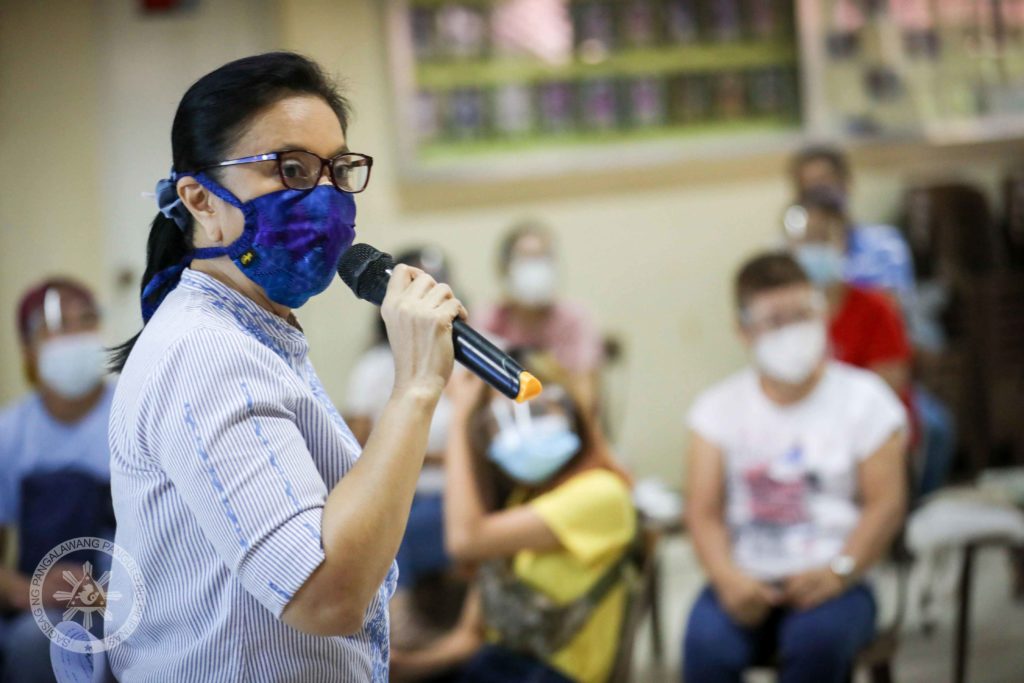
VP Leni on financial literacy
Vice President Leni Robredo sees financial literacy as an important part of empowering communities or groups to allow them to stand on their own, according to her interview response to Global Dominion. Part of the Office of the Vice President’s (OVP) view on empowerment is giving people voice in political issues, and being economically self-reliant. “Financial Literacy plays a key role in economically empowering our people because it teaches them how to responsibly handle their finances, which includes preparing and budgeting for the future. If people’s basic needs are met, it will enable them to take part in the business of governance and advocate for different issues and causes,” the vice president adds.
Beyond the basic unit of society, financial literacy certainly goes a long way too. When asked if she sees financial literacy as one of the keys to improving the whole economy, VP Leni replied “Yes, this is very important in achieving economic prosperity for individuals and for the country.” She further shared the fact that per economic statistics, more than 90% of businesses in the Philippines are categorized as MSMEs, which conveys that a huge majority of our economy relies on “mom and pop” stores as opposed to big conglomerates. “We need to ensure that all Filipinos have the financial literacy capability to continually develop MSMEs, start new businesses, and sustain existing ones,” the country’s vice president added.
Unfortunately, there is still a lot that needs to be done to achieve the level of financial inclusion we aim. According to the Bangko Sentral ng Pilipinas (BSP), more than 70 percent of Filipinos are still unbanked (formal accounts). 3 “With this high percentage, how will the majority of the population participate in digital commerce, especially during this pandemic? This is just one of many examples on how important financial literacy is for our country. We hope that modules on this topic will be a norm the entire country,” the OVP pointed out.
The OVP’s response
When asked what the current projects or programs of the OVP are, related to financial literacy and/or financial inclusion, the response below was provided.
“We try to integrate financial literacy modules in most of our programs. One of them is our Community Market, which connects market vendors to their customers through a mobile app. The first step in this program was organizing market vendors who will sell their goods in the mobile app. Once they are up and running, we conduct financial literacy seminars with the organized vendors. The seminar teaches them how to handle their finances for their stores, saving and budgeting techniques. It helps them as vendors to effectively run their businesses, and as breadwinners to budget for their families.”
Through the said program, the OVP claims to have seen improvements in how the vendors handle the money coming in and out of their store. They hope that they continue to get good results from it.
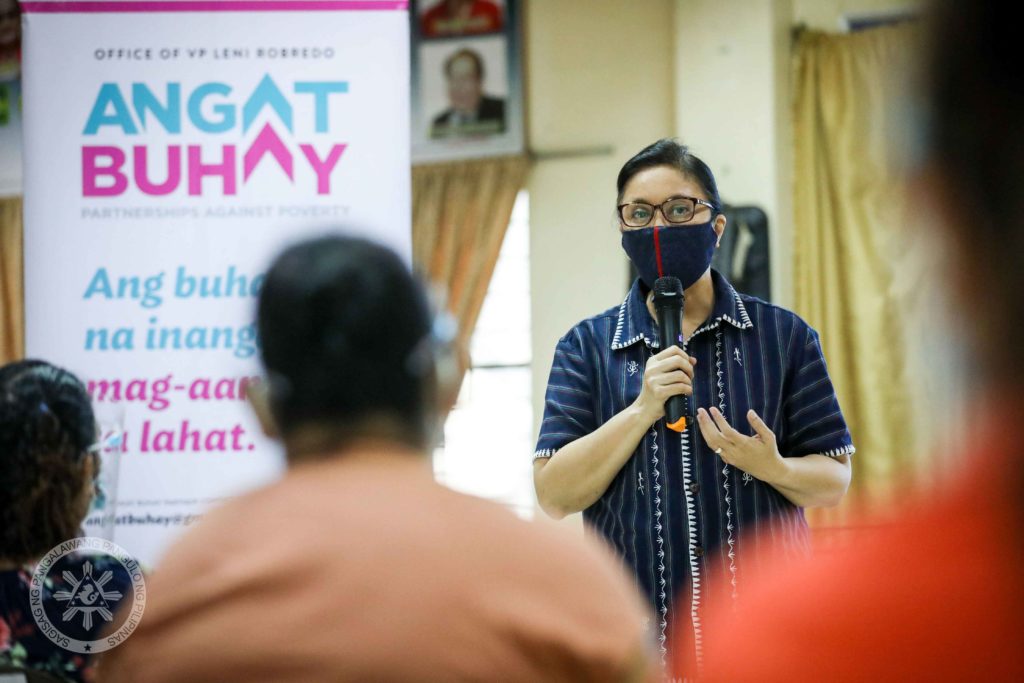
The foreseeable future
Ownership of a formal account is a basic indicator of financial inclusion. Per BSP, account penetration grew to 28.6% in 2019 from 22.6% in 2017, equivalent to an additional 5.1 million Filipinos opening an account within that period. This 2-year jump is significantly higher than the 0.6 percentage point increase in 2017 from 2015. Increase in account ownership also coincides with the increase in adults who save, with data showing saving being the main use case of an account and savers more likely to have an account. Among all types of account, e-money account penetration posted the highest growth. Bank account penetration barely grew to 12.2% in 2019 from 11.5% in 2017. On par with banks are microfinance NGOs where account ownership stood at 12.1%, a considerable increase from 8.1% in 2017. 4
Back to the OVP’s program, they have planned to continue to integrate financial literacy in every program they implement to ensure that each program takes a holistic approach in seeing the beneficiaries through.
With both the government bodies and the private sector going hand-in-hand with all the efforts to improve financial literacy and financial inclusion, the better future that’s ahead of us is never too far.
There are now a lot of means and channels to help improve financial literacy, especially with the exponential growth of online platform use. One can create content and influence our future generations – a power that shall be utilized with all positive intent. Personal finance management, just like any other proven framework, solidifies the very foundation of every decision Filipinos make impacting the society as a whole.
GDFI’s purpose
Global Dominion’s purpose is to provide accessible financial products and services so that every family is empowered to achieve their goals and dreams. Its General Manager Patricia Poco-Palacios thanks every person and organization supporting the company’s vision and endeavours. “We also thank the resource persons who responded to our call for interviews to share their knowledge and wisdom, especially Lec Toribio, Gay Santos, and Vice President Leni Robredo,” Palacios stated.
1“The term “financial literacy” refers to a variety of important financial skills and concepts.” Jason Fernando, Investopedia – “Financial Literacy”, https://www.investopedia.com/terms/f/financial-literacy.asp#, Updated April 1, 2021, Accessed May 6, 2021
2 National Economic Development Authority (NEDA) Region XIII, “Financial literacy for Filipinos: understanding for better living”, https://nro13.neda.gov.ph/financial-literacy-for-filipinos-understanding-for-better-living/, Accessed May 6, 2021
3 Bangko Sentral ng Pilipinas (BSP), “2019 Financial Inclusion Survey”, The survey is part of the commitment of the Bangko Sentral ng Pilipinas (BSP) to build a comprehensive and robust data framework for financial inclusion.
4 Bangko Sentral ng Pilipinas (BSP), “2019 Financial Inclusion Survey”, The survey is part of the commitment of the Bangko Sentral ng Pilipinas (BSP) to build a comprehensive and robust data framework for financial inclusion.

